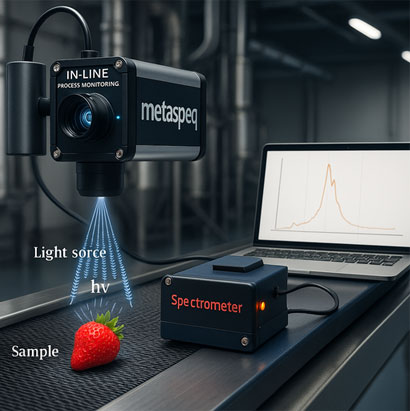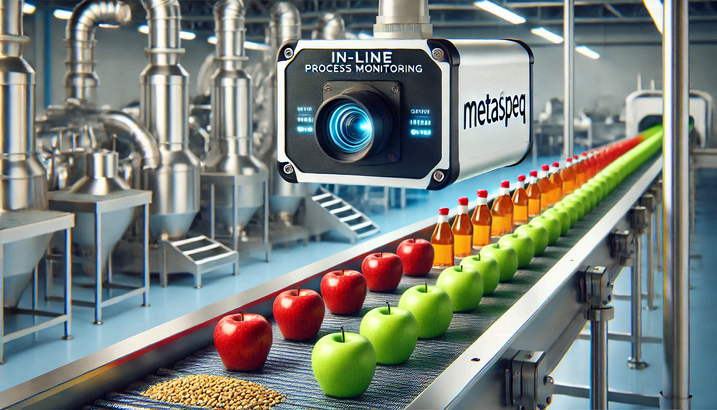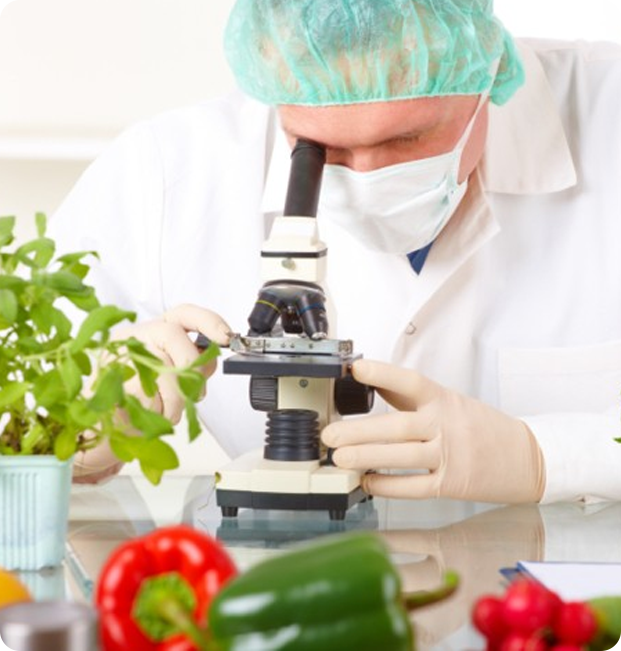AI-Driven Intelligence
Leverages advanced machine learning algorithms for robust calibration model development and real-time prediction with high accuracy.
Transparency and traceability to ensure quality, safety, ethics and sustainability of foods across the value chain is an important concern worldwide. High Cost Associated with Testing Services to Hinder the Market Growth. Increasingprevalence of foodborne illness, rising adulteration in meat products, increasing consumption of meat & seafood, and regulatory mandates in various regions.

Food borne diseases alone cost India upward of $15 Billion annually

Globally food fraud cost $40 billion.May 2022, the WHO stated that around 11% of medications sold in emergingmarkets are counterfeit and resulting in 144,000 deaths

Loss of nearly $90 billion due to inadequate quality assessments and product recalls.

(900-1700, 900–2500 nm customizable )

(500-1700 nm)

(900–2500 nm)
SPECTRAFIND is Ayudyog’s cutting-edge software platform that transforms raw spectral data into actionable insights—accurately, instantly, and intelligently. It brings automation, transparency, and scalability to NIR-based quality control in pharma, food, and beyond.
Leverages advanced machine learning algorithms for robust calibration model development and real-time prediction with high accuracy.
Seamlessly connects with Metaspeq NIR devices to deliver on-the-spot analysis— no internet dependency, no data lag.
Predict multiple quality parameters (e.g., moisture, active content, purity) from a single scan—saving time and increasing efficiency.
Measurements take less than one minute, enabling real-time decision-making and faster throughput. 5x faster, saving time & effort
Our advanced NIR platform brings the lab to your factory or field, reducing testing delays and operational costs. 10× cheaper than existing solutions, 90% savings on initial costs.
Simultaneously measure multiple parameters like moisture, active content, protein, or adulterants with a single scan
No complex sample prep. Analyze pure or raw samples directly—no reagents, no dilution, no hassle.
Pharma, Food, Agriculture & Chemicals
No solvents, no chemicals, no waste. A sustainable solution aligned with modern environmental goals.
Our valuable innovations using new-age technologies benefitting various stakeholders of agriculture & food value chains improving post harvest trade by bringing transparency & trust
Real-Time Quality Monitoring – Ensure consistent API, excipient, and finished product quality during manufacturing.
In-Line Process Control – Automated, continuous moisture, concentration, and composition analysis for pharmaceutical, food, and agriculture industries.
Counterfeit & Adulteration Detection – Instant identification of spurious drugs, contaminated food, and adulterated raw materials in production lines.
Precision Blending & Mixing – Optimize ingredient proportions in pharmaceutical formulations, food powders, and agricultural feed.
Regulatory Compliance – Automate real-time validation to meet USFDA, CDSCO, and FSSAI standards.

| MetaspeQ | Competitors | |
|---|---|---|
| Comparison item | ✅ | ✅ |
| Comparison item | ✅ | ✅ |
| Comparison item | ✅ | ✅ |
| Comparison item | ✅ | ❌ |
| Comparison item | ✅ | ❌ |
| Comparison item | ✅ | ❌ |
Our agency can only be as strong as our people our team agenhave run their businesses designed.

Quality assessment of medicinal, aromatic plants and plant parts, and spices are to large extent based on estimation of active molecules. Such estimations require high cost, time consuming and laboratory
Read More
The major chemical marker of black pepper (Piper nigrum L) is piperine and its estimation is extremely important for quality assessment of black pepper. The methods for piperine quantification, to date,
Read More
Andrographis paniculata (Burm. F) Nees, has been widely used for upper respiratory tract and several other diseases and general immunity for a historically long time
Read Moreaccelerating quality-driven growth